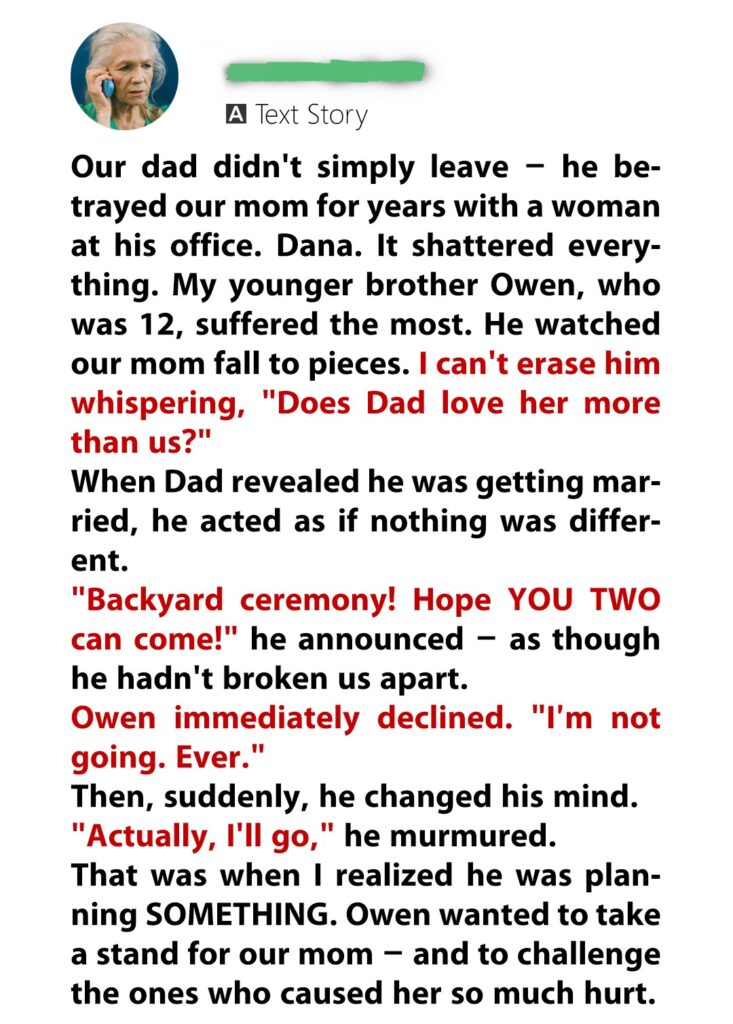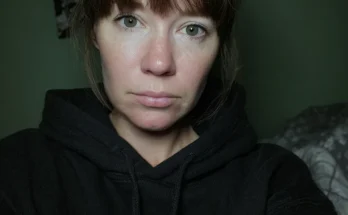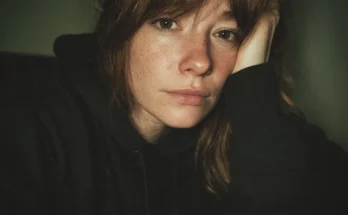When Dad invited my 12-year-old brother Owen and me to his wedding, I expected pain. Not revenge. Not revelation. Just the quiet ache of watching him marry the woman who shattered our family.
Her name was Dana. The woman with the perfect smile and the job at Dad’s accounting firm. The woman Mom caught him with—on our couch, on a Thursday afternoon, while holding a potted plant she’d just bought for him. That plant hit the floor and shattered. So did our lives.
Mom tried to fix things. She prayed. She went to counseling alone. She clung to hope while Dad moved on—fast. And when the wedding invitation came, it felt like a final insult. But Owen surprised me.
He was always the gentle one. The kid who cried over cartoon characters and made glittery cards for Mom. But something in him hardened after the betrayal. Quietly, he planned something.
At the wedding, everything looked picture-perfect. Dana in white. Dad beaming. Guests smiling. But when the officiant asked if anyone objected, Owen stood up.
“I object,” he said, voice trembling but clear. “Because this woman helped destroy my mom. And my dad never said sorry.”
Gasps. Silence. Then whispers. Dana’s smile faltered. Dad’s face turned pale.
Owen didn’t cry. He didn’t yell. He just spoke the truth. About the nights Mom sobbed alone. About how Dad never tried to fix what he broke. About how love isn’t just about moving on—it’s about making things right.
We left before the ceremony resumed. I held Owen’s hand the whole way home.
Dad called later. He was furious. But beneath the anger, I heard something else: regret. Not just for the ruined wedding. For the years he’d never get back. For the children who stopped looking at him the same way.
Owen didn’t ruin the wedding. He revealed the cost of betrayal. And in doing so, he gave Mom something she never got: a voice.



